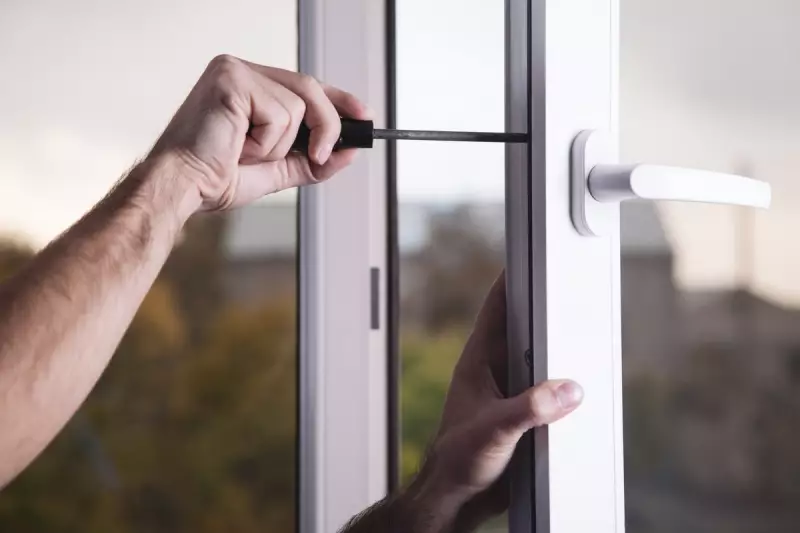
Replacing outdated windows represents one of the most significant home improvement investments UK homeowners face, with costs frequently reaching thousands of pounds. Understanding your financing options before committing to any credit agreement is crucial for making a financially sound decision.
Understanding Window Replacement Costs
The average uPVC casement window costs approximately £1,200, meaning a typical eight-window household could face a bill approaching £10,000. More expensive materials like timber frames or specialised sash designs can push these figures even higher. When comparing finance options, experts caution against focusing solely on interest rates, as a lower rate spread over a longer term might ultimately cost more than a higher rate over a shorter period.
Installer Finance Packages
Many major window companies provide their own finance arrangements, typically requiring credit checks and deposits. Before applying, homeowners should review their credit scores and verify that lenders are authorised by the Financial Conduct Authority. Current market offerings include:
Everest, Anglian, and Safestyle all offer 12.9% APR over 36+ months with deposits starting from £249.
Britelite provides 12.9% APR for terms up to 123 months, including three months of "buy now, pay later" options.
Britannia Windows offers 0% financing for 12 months (with a £29 fee), rising to 15.9% if not settled within the year, or 11.9% with a shorter three-month deferral period.
Coral Windows features interest-free terms over 24 months if half the cost is paid upon completion, with other options starting from 11.9%.
Clearview Home Improvements charges 12.4% APR for terms between 60 and 154 months.
As a representative example, borrowing £10,000 at 12.9% APR over three years would accumulate approximately £2,112 in interest, with monthly repayments around £336. While installer finance typically carries higher rates than bank loans, it can prove cost-effective when opting for the shortest possible term. Homeowners should also consider their windows' guarantee period when deciding loan duration.
Personal Loan Alternatives
Securing a personal loan from banks or specialist lenders often provides a more affordable route, despite involving more paperwork. Current competitive offerings include:
TSB provides loans at 5.9% for amounts between £7,500–£20,000 over one to five years.
Novuna Personal Finance offers 6% rates over one to five years.
M&S Bank charges 6% over one to seven years.
Borrowing £10,000 over seven years at 6% would result in approximately £2,271 in interest, with manageable monthly payments of about £146.
Using Savings Versus Borrowing
Homeowners with sufficient savings should compare potential earnings against loan interest costs. For instance, £10,000 in a 5% savings account generates £500 annually, while borrowing the same amount at 6% costs £600 per year in interest – creating a £100 advantage for using savings. However, maintaining an emergency fund for unexpected expenses like boiler failures, roof repairs, or income loss remains essential. Carefully calculate your position to ensure ongoing financial security.
Remortgaging Considerations
Adding window costs to your mortgage works only if you're approaching the end of a fixed-rate term and planning to remortgage anyway. Since energy-efficient improvements can increase property values, some lenders permit additional borrowing. Mortgage rates typically sit lower than personal loan rates, making this an apparently affordable option. However, the extended repayment term could significantly increase overall costs.
For example, borrowing £10,000 at 4% over 25 years costs approximately £5,835 in interest, while borrowing the same amount at 15% over five years costs around £4,273. The mortgage route proves cheaper only if you can make fee-free overpayments to clear the additional borrowing more quickly. Always verify your mortgage provider's overpayment policies before selecting this option.
Ultimately, the best financing method depends on your individual financial circumstances, existing commitments, and ability to manage repayments comfortably. Comparing all options thoroughly ensures your window upgrade enhances your home without compromising your financial stability.





